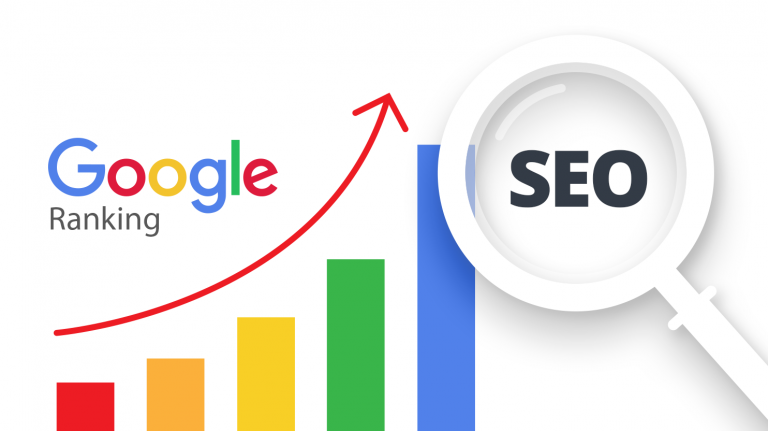Improving your website’s ranking on Google involves implementing a combination of on-page and off-page optimization strategies. Here are some steps you can take to enhance your website’s visibility and potentially improve its Google ranking:
- Keyword research: Identify relevant keywords and phrases related to your website’s content and target audience. Use tools like Google Keyword Planner or SEMrush to find popular and low-competition keywords.
- Optimize on-page elements: Optimize your website’s on-page elements, including title tags, meta descriptions, headings, and content. Incorporate your target keywords naturally into these elements to improve search engine visibility.
- Quality content: Create high-quality, engaging, and informative content that provides value to your visitors. Develop blog posts, articles, guides, and other resources that are relevant to your target audience. Aim for longer-form content (1,000+ words) where possible, as it tends to perform better in search engine rankings.
- Mobile optimization: Ensure that your website is mobile-friendly and responsive. Google places significant importance on mobile usability and having a responsive design can improve your ranking.
- Page loading speed: Optimize your website’s loading speed by compressing images, minimizing code, and utilizing caching techniques. A faster-loading website provides a better user experience and can positively impact your Google ranking.
- Link building: Build high-quality backlinks from reputable websites. Seek opportunities to guest post, collaborate with influencers or industry experts, or participate in relevant forums and communities. These backlinks can improve your website’s authority and credibility in the eyes of search engines.
- Social media presence: Establish a strong presence on relevant social media platforms. Promote your content, engage with your audience, and encourage social sharing, which can indirectly contribute to improved visibility and traffic.
- User experience (UX): Prioritize a positive user experience on your website. Ensure easy navigation, clear call-to-actions, and intuitive design. User-friendly websites tend to have lower bounce rates and longer visit durations, signaling quality to search engines.
- Regular updates: Frequently update your website with fresh content to signal to search engines that your site is active and relevant. This could include adding new blog posts, updating existing content, or providing the latest information in your industry.
- Monitor and analyze: Use tools like Google Analytics and Google Search Console to monitor your website’s performance, track keywords, and identify areas for improvement. Regularly analyze the data and make necessary adjustments to your SEO strategy.
Remember that improving your Google ranking takes time and persistence. It’s important to focus on providing value to your audience, optimizing your website, and following SEO best practices consistently.

